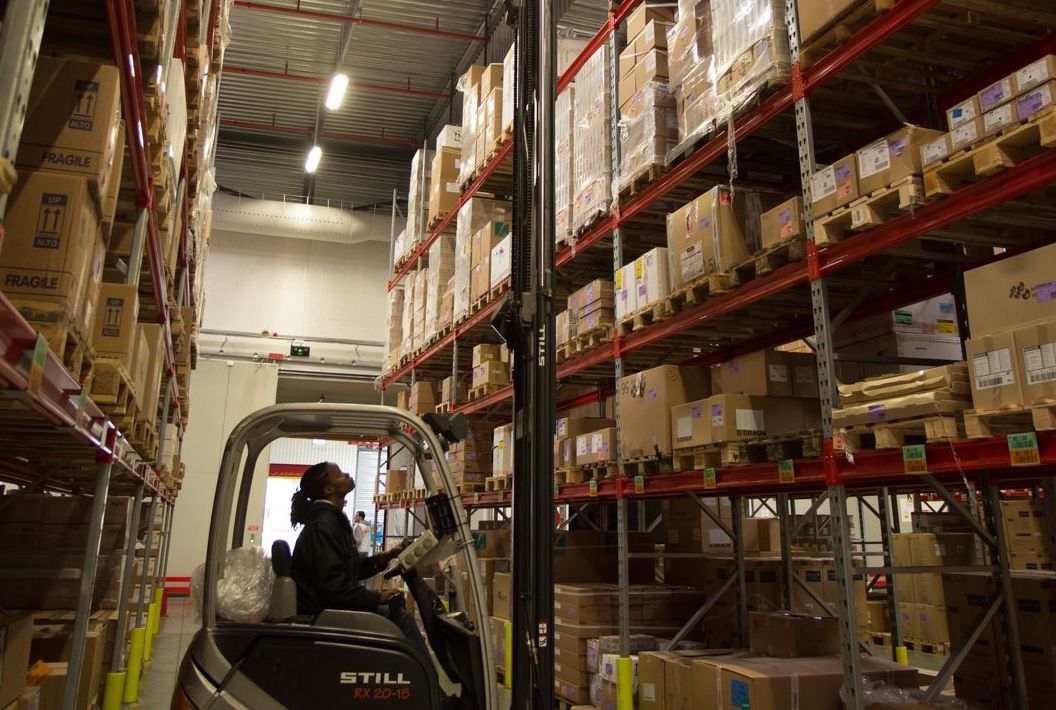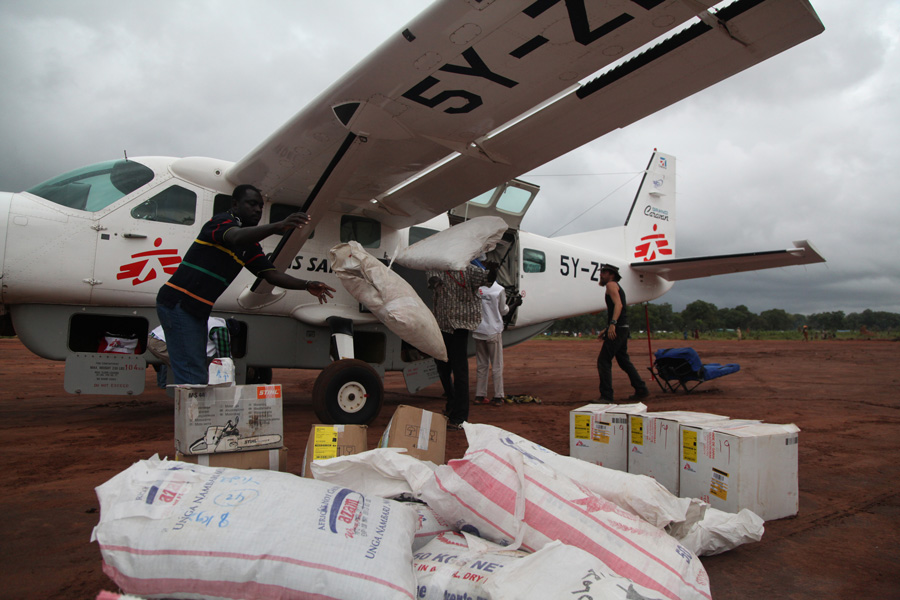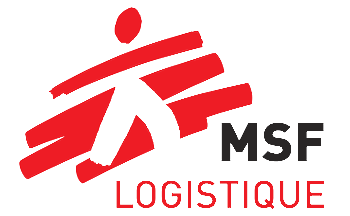MSF Globale
Médecins Sans Frontières (Doctors without Borders) is an international, independent medical humanitarian organisation providing medical assistance to people affected by conflict, epidemics, disasters, or exclusion from healthcare.
MSF recognises the medical and humanitarian consequences of climate change and environmental degradation, and how the organisation contributes towards it. It acknowledges the need for MSF to provide medical humanitarian assistance without creating additional humanitarian needs in the future, nor compromising future humanitarian action. In its 2020 Environmental Pact, MSF outlines key steps and indicators to address the climate emergency and its role in tackling it. Following this, MSF has pledged to reduce its emissions by at least 50 per cent compared to 2019 levels by 2030.
In March 2022, MSF signed the Climate Charter and declared that each Institutional member is expected and encouraged to develop individualized plans or roadmaps to work toward this target, acknowledging that not all members will achieve results in the same way or at the same pace.
MSF Logistique
Created in 1986, MSF Logistique is one of the 3 purchasing and supply centers of the Médecins Sans Frontières Movement. MSF Logistique ensures, in particular, the purchase of medical and non-medical products, packaging, storage, and the shipment of these materials and medicines to the main humanitarian intervention sites, for MSF and other international NGOs.
Today, the logistics of MSF are shared between the field, the headquarters and the purchasing centres. The practices and expertise of the group are shared with all actors in the humanitarian world. MSF Logistique is based in Merignac, France and in Dubai (UAE).
Key facts
Number of employees in 2021: 200
Number of reference in catalog in 2021: 14 500
Turnover in 2021: 121 million EUR
Shipped quantity in 2021: 6012 tonnes

MSF Logistique's partnership with the Climate Action Accelerator
MSF Logistique started working with the Climate Action Accelerator in March 2022. The organisation will launching the development of an environmental roadmap, together with MSF Supply, later this year.
Environmental commitment
Following its intention to partner with the Climate Action Accelerator, MSF Logistique is committed to strengthening the sustainability of its procurement and supply activities for humanitarian assistance to vulnerable populations, often those most impacted by climate change, by reducing its environmental impact and accelerating its transition to a low greenhouse gas emission organization.
MSF Logistique commits, in particular:
- To adopt a quantified decarbonization target of 50% of its direct and indirect emissions by 2030, integrating the elements of the scientific consensus and in line with the objectives of the Paris climate agreement;
- To share with the Climate Action Accelerator community the experience and tools of MSF Logistique that contribute to the objectives pursued, thus contributing to a common good available to all on sustainable solutions and approaches to the ecological crisis
- To be transparent in making public their emission reduction measures and their progress.

Commitment pt. 2
Following the MSF movement’s decarbonization objectives, MSF Logistique is cognisant of the need to include environmental criteria in the selection of suppliers, the choice of transport patterns, as well as the means of freight.
Their 2021 annual report is available here.
Cover photo credit
Cover photo © Eddy McCall/MSF.

